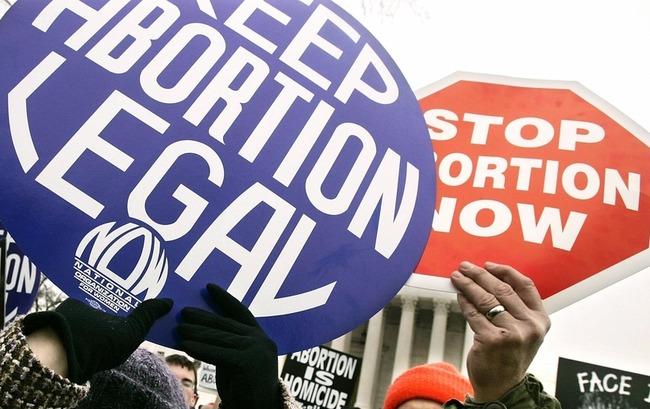Utah’s Proposition
March 15, 2018
Utah’s Senate approved the House Bill 205, also known as the Down Syndrome Nondiscrimination Abortion Act, on March 7th, 2018. It still requires the approval of Utah’s Senate. In a nutshell, the bill’s purpose is to prevent women from seeking an abortion solely because the fetus is diagnosed with Down Syndrome. The topic continues to be controversial as it makes its way to Utah’s Senate. Amber Li (11) “realize(s) how complicated the issue of abortion is. In one case, it kills the life of a human, which is against people’s morals. In the other, it can prevent suffering for the mother or the child.”
Representative Lisonbee was the first to bring the issue to the attention of the state government. Her concern comes from a report that claims that almost 100% of Icelandic women who were carrying a child with Down Syndrome would have an abortion; similar results came up in other European countries. As a result, not wanting to “tolerate discrimination” against people with disabilities, Lisonbee sponsors the House Bill 205. Her fear is that this may lead to further discrimination and “selective purging of one portion of our society.” However, there is also a report that claims only 40 of the 3000 abortions in Utah in 2015 were due to “malformation.” Therefore, it is not the main reason for abortions in Utah.
While the bill has many supporters, those who are against it also provide a valid argument against the passing of the bill. One of the main concerns of passing the bill is that it is too vaguely written, and it would be very challenging to enforce the bill. Since Planned Parenthood clinics do not ask parents why they seek an abortion, the law is essentially worthless. As stated by Dr. Chris Hutchinson, doctors aren’t mind-readers and have no way of knowing why “people are choosing” to do an abortion (sltrib.com). Another fear of physicians is that the bill may limit how openly they can talk to their patients.
Another difficulty that the bill may face is legal trouble. As asserted by several non-supporters, the bill is unconstitutional since it goes against the 14th Amendment and the Supreme Court case Roe v. Wade. This court case ruled that women have the right to an abortion. In fact, the House Bill 205 is not the first of its kind. Ohio signed a bill in 2017 which is similar to the House Bill 205. Currently, it is facing legal challenges for the legal concerns stated above. Indiana, which passed a bill in 2016, is still seeking an appeal. North Dakota is the only state whose bill is still in effect though it is facing legal trouble. Just like the House Bill 205, it is unable to be enforced. The fourth state, Louisiana, issued a ban on abortions after 20 weeks for genetic abnormalities and information must be provided to the parent before the procedure. It is facing a lawsuit as well.
Clearly, Utah will face the same challenges; so why enforce the bill in the first place? According to those who support the bill, the House Bill 205 is more about recognition and making sure the doctors are providing the best information without pushing the parent to make a decision she may not want.
Sources: fox13news.com, lifesitenews.com, washingtonpost.com, sltrib.com






































